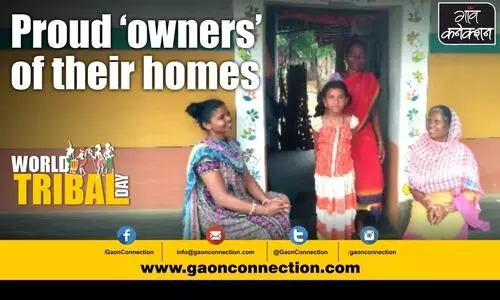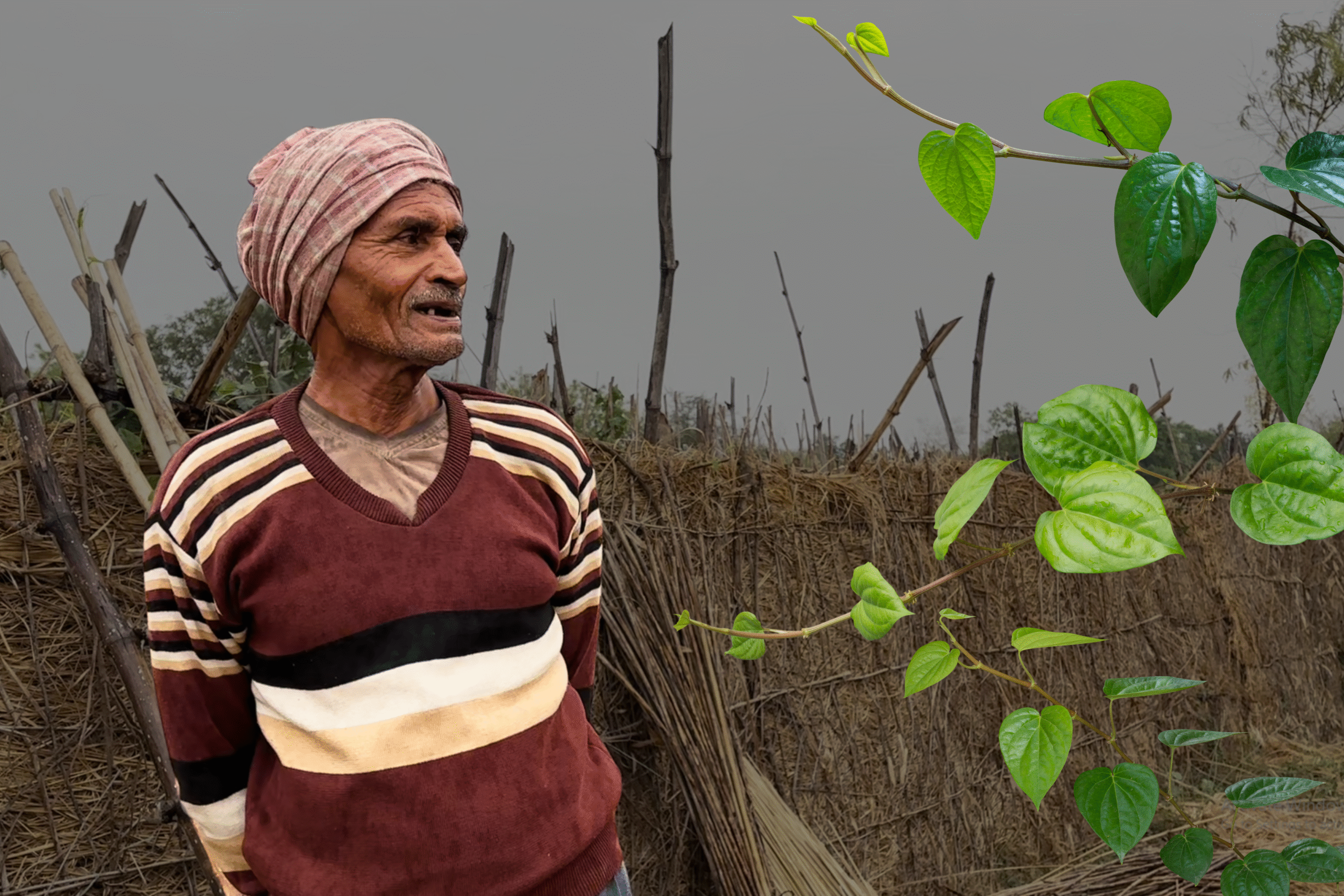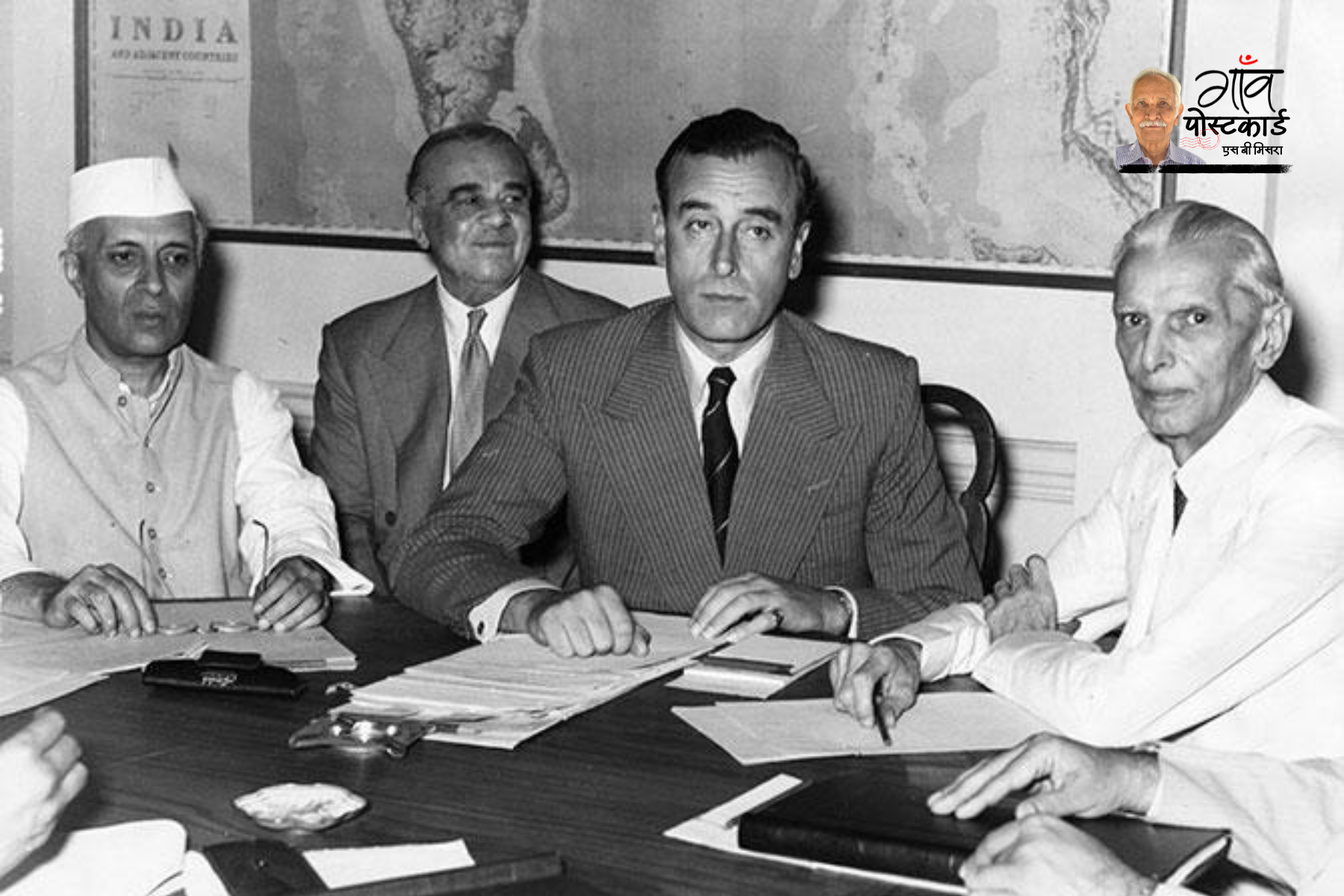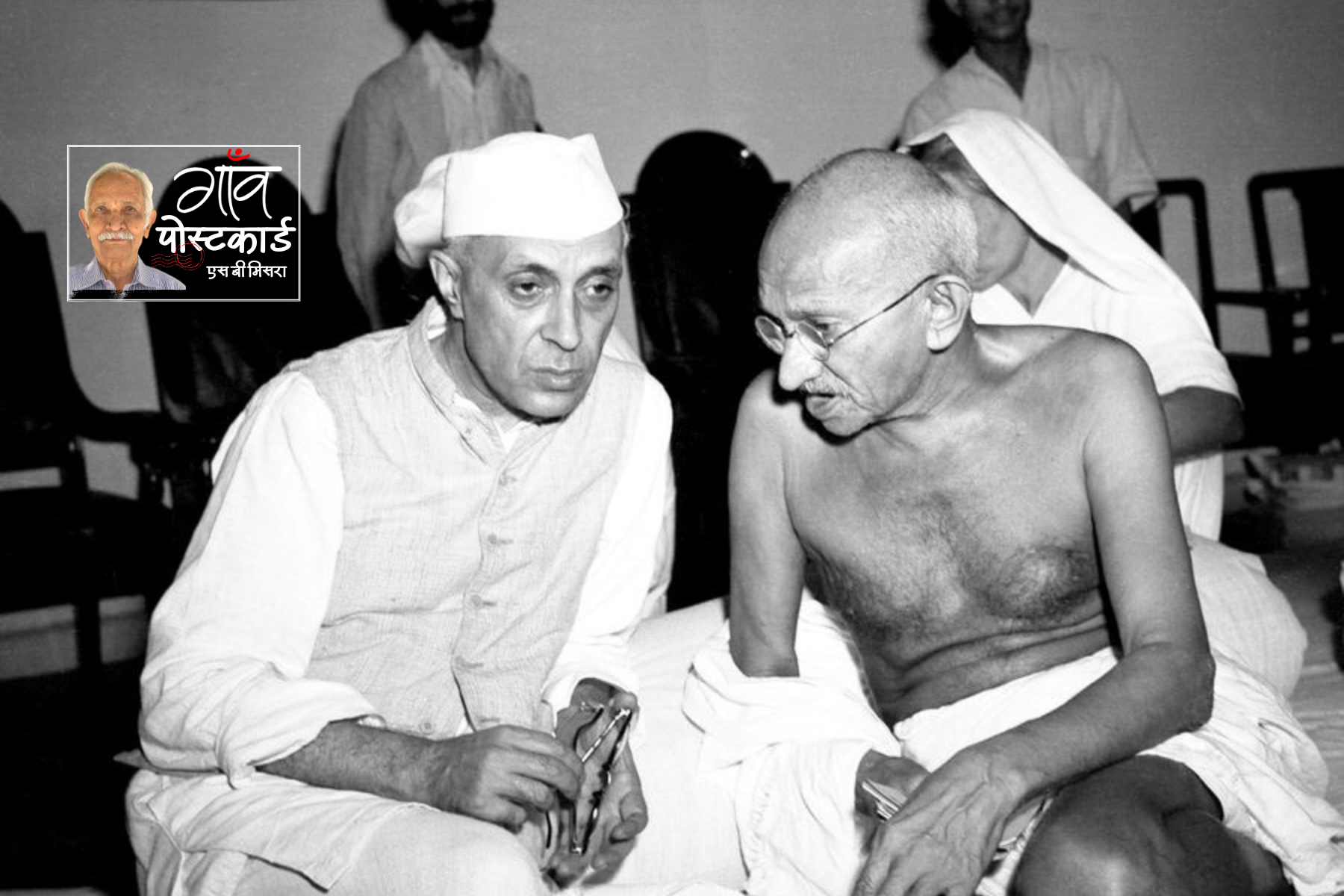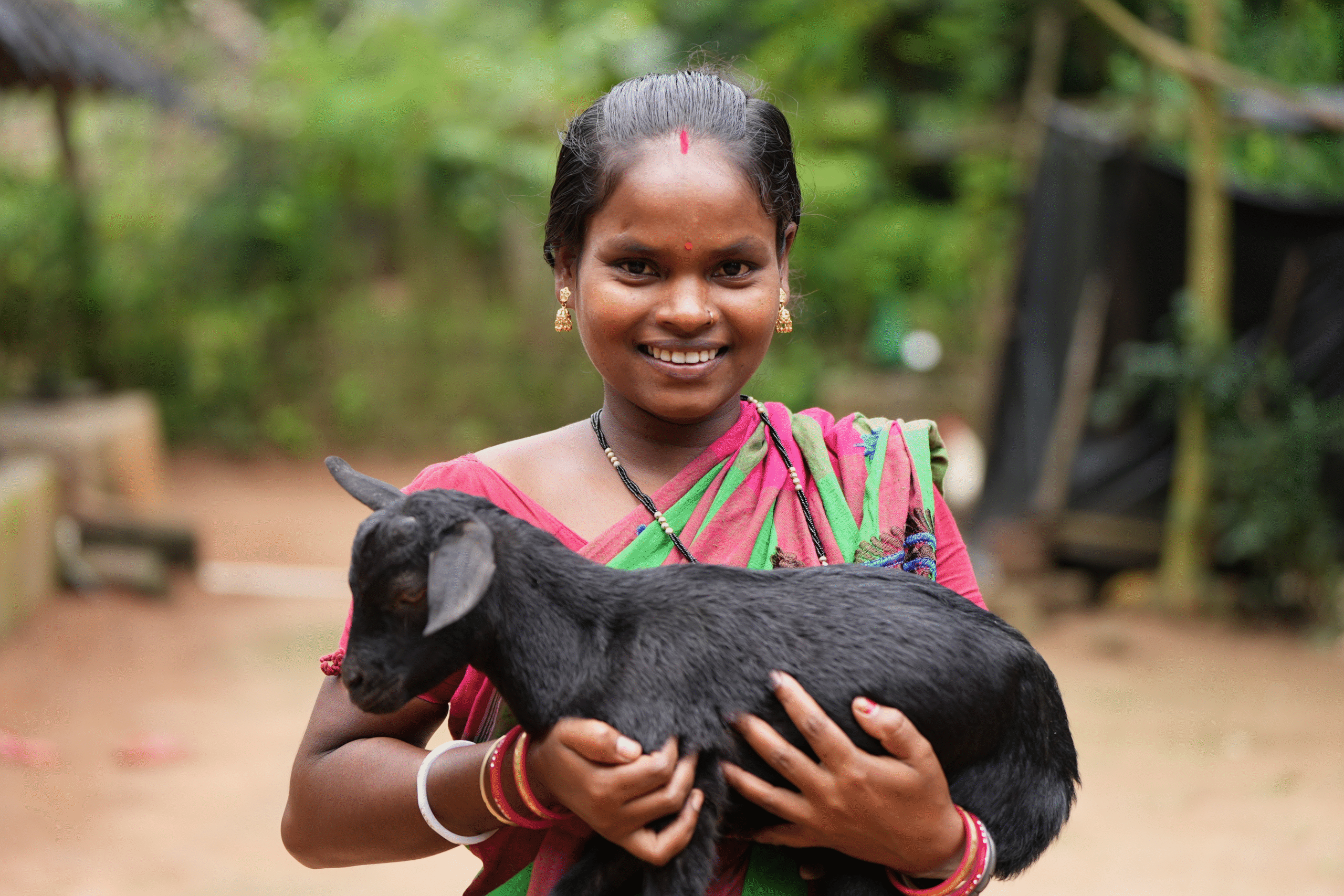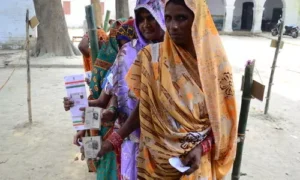Holding her six-year-old daughter Roopa in her arms, Lakhimni Munda, 35, proudly looks at the nameplate outside their house. It reads ‘Roopa and Lakhimni Munda’.
Tiring is the first tribal village in Jharkhand where houses are named after women in the family and not the husbands or the fathers.
Lakhimni’s pride is evident when she says, “I have lived here for so many years but only a few knew my name. But now, everyone knows my name and even Roopa’s name.”
For Roopa, who probably does not comprehend this deeper sense of empowerment her mother feels on seeing her identity established and acknowledged on a nameplate, just to seeher name on the front door of her house is enough to excite her. “Whenever anyone asks her name, she just points to the nameplate,” her mother says.
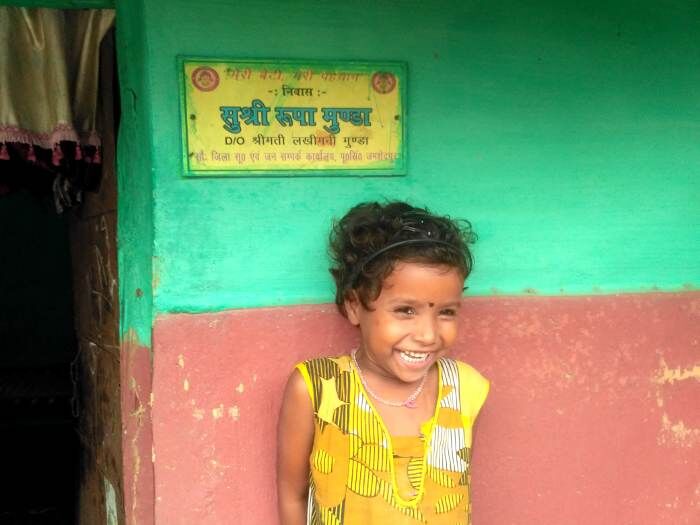
Tiring, about 30 kms from East Singhbhum district, is making news thanks to women who live here. While all the states are trying to implement the ‘BetiBachao, BetiPadhao’ campaign, in 2016, the District Collector of chief minister’s office in Jharkhand, Sanjay Kumar, took it a step further and came up with ‘Meri Beti, Meri Pehchan’ campaign. Tiring is where this campaign was launched.
Presently posted as Special Officer, Jamshedpur Notified Area Committee, Sanjay Kumar told Gaon Connection, “This campaign was launched on an experimental basis in Tiring. The idea behind this was to ensure that every woman – wife or daughter – gets her identity. Any girl who comes home from market or schoolsees her name on the door and feels good. It is must to give women the kind of importance they deserve because they generally don’t have any independent identity of their own after they get married. Seeing their name on nameplates gives them a strong sense of belonging.”
“Efforts are on to take this campaign further. In Potka block, we have named five streets after the five most highly-educated girls living there – both daughters and daughters-in-law. The idea behind this is to encourage more and more girls to pursue higher education,” he adds.
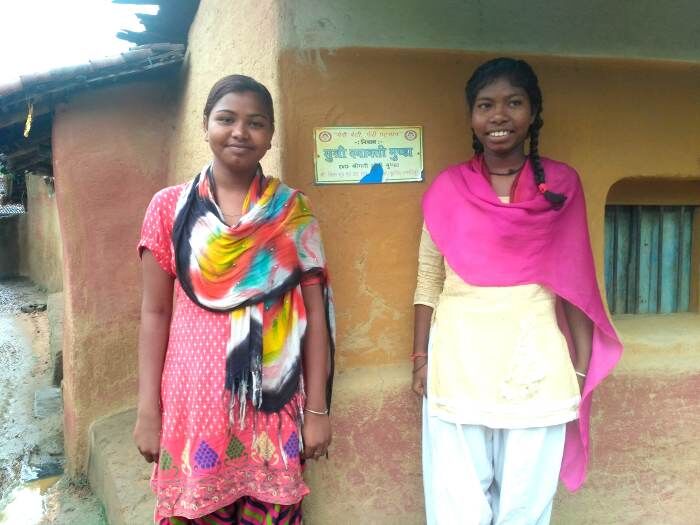
According to the 2011 census data, Tiring has a sex ratio of 768 girls to 100 boys, but the literacy rate among women is only 50%. The female literacy in the district was 67%. The aim of this campaign is to improve the sex ratio and increase literacy among women.
The head of the panchayat, Savitri Sardar, says: “At present, we have completed the work of putting up nameplates bearing names of mothers and daughters in two tolas of the village. We plan to cover the entire village. In fact, this should be done all over India.”
Dayawanti Munda, 17, says, “Earlier people would look for our house asking for it by my father’s name. Now, when anyone asks, my friends point out to our house bearing my name. When someone asks me, I tell them to look for the house with their daughter’s name written on it.”
The most satisfied resident of Tiring is Panchayat Samiti member UrmilMeria Samad (30), who was the women behind the success of the ‘my daughter, my identity’ campaign. She says, “I am very happy to see that a village that was once known as Tiring, is now famous thanks to its mothers and daughters.”
Read Also:The tribal herdsmen of Kutch are leaving their grasslands — in search of grass
Read Also: Why do these women in Jharkhand put their lives at stake?
Read Also: आदिवासी डॉक्टर को खुदकुशी के लिए उकसाने वाला आरोपी गिरफ्तार

